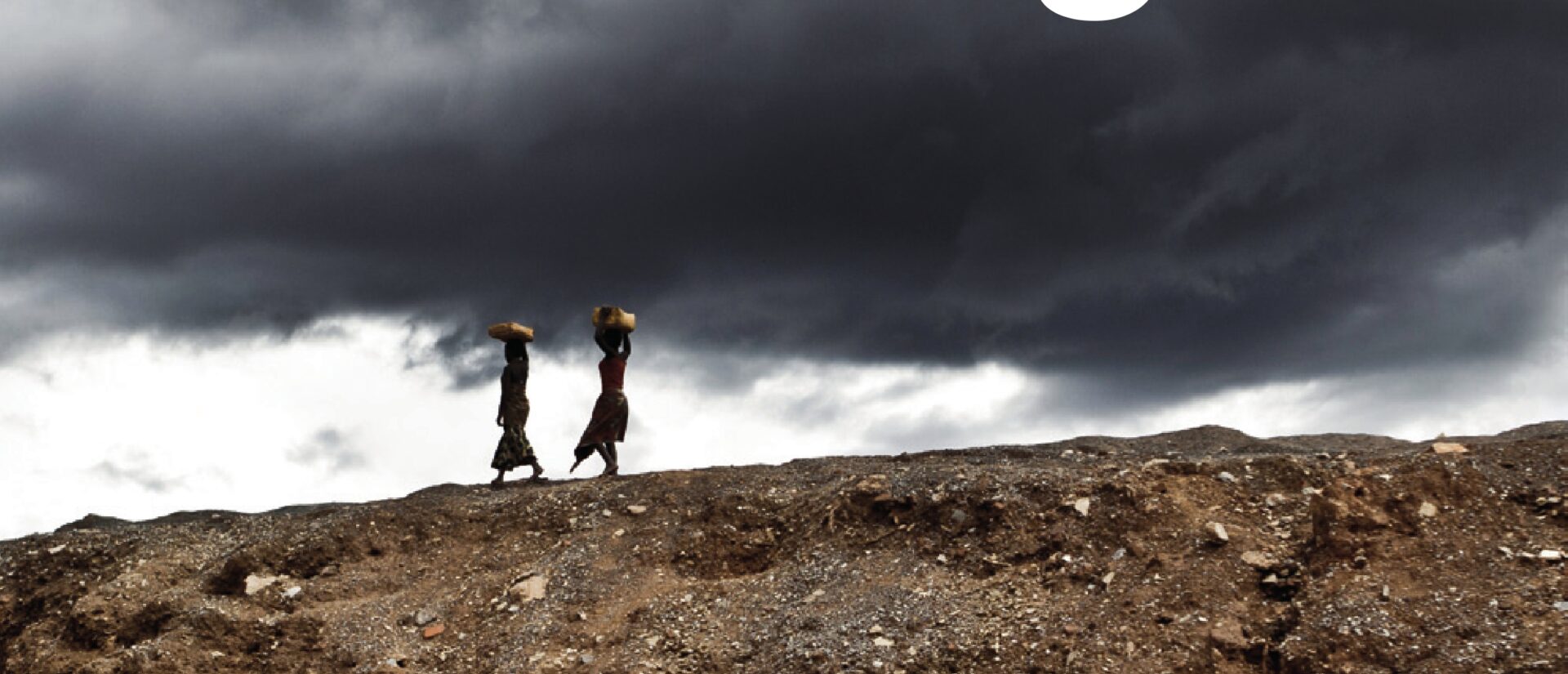
Katanga Calling
Congolese cobalt and consumer electronics
One of the best known resource-funded conflicts has been the war in the eastern provinces of the Democratic Republic of the Congo (DRC). In the DRC, impunity and weak public institutions result in recurring violence, in which control over Congo’s rich mineral resources remains a central catalyst. Although the security situation in Katanga is much better than in it’s neighbouring Kivu provinces, mining takes place at a high human and environmental cost.
Communities pay a brutal price when they lose their livelihoods to make way for mining projects. Workers risk their health and lives in Congo’s dangerous pits. After smelting and refining, minerals such as cobalt are used in consumer products like mobile phones and laptops, car batteries, tools, lenses, jewellery and healthcare. Ethical sourcing of minerals has been central to the debate about supply chain responsibility, with some specific steps taken on conflict minerals. In the USA, the Dodd-Frank Act (2010) requires listed companies to disclose the source of minerals in their products.
The European Commission has proposed a conflict minerals regulation currently under discussion in the European Parliament. However, much more is needed in order to improve the human rights and environmental conditions in the mining areas of our world. This brochure documents the human and environmental costs of cobalt extraction in Katanga in the DRC.
Do you need more information?
-

Esther de Haan
Senior Researcher
Partners
Publication
Related content
-
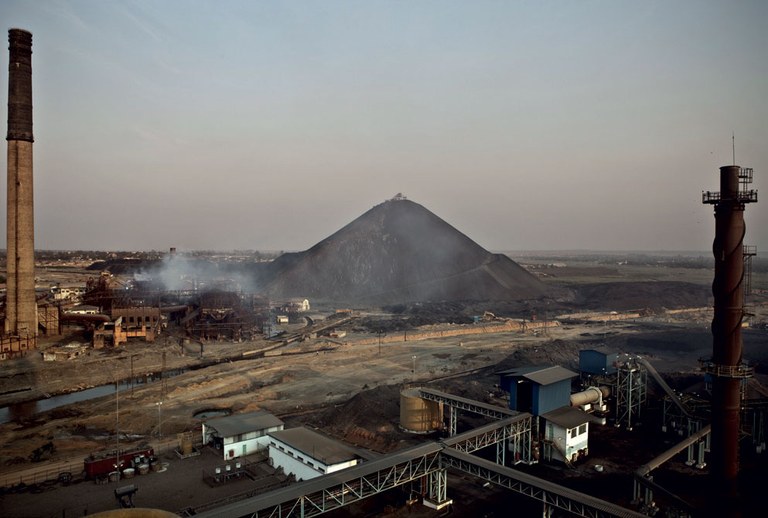
-
-
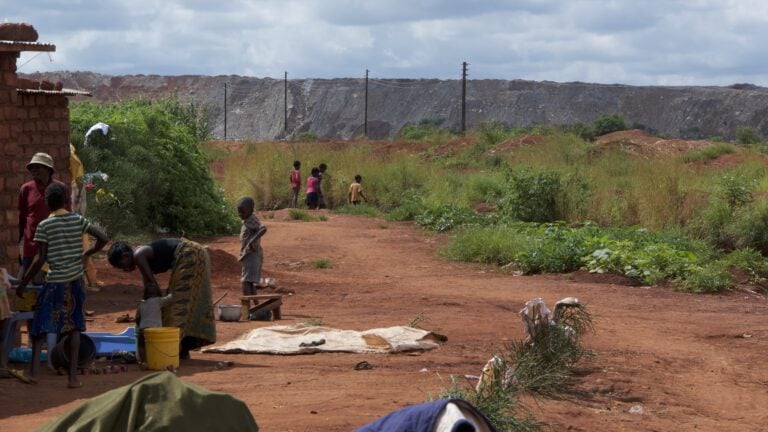 Community rights widely abused by cobalt mining in Democratic Republic of CongoPosted in category:NewsPublished on:
Community rights widely abused by cobalt mining in Democratic Republic of CongoPosted in category:NewsPublished on: -
Cobalt blues Published on:
 Esther de HaanPosted in category:Publication
Esther de HaanPosted in category:Publication Esther de Haan
Esther de Haan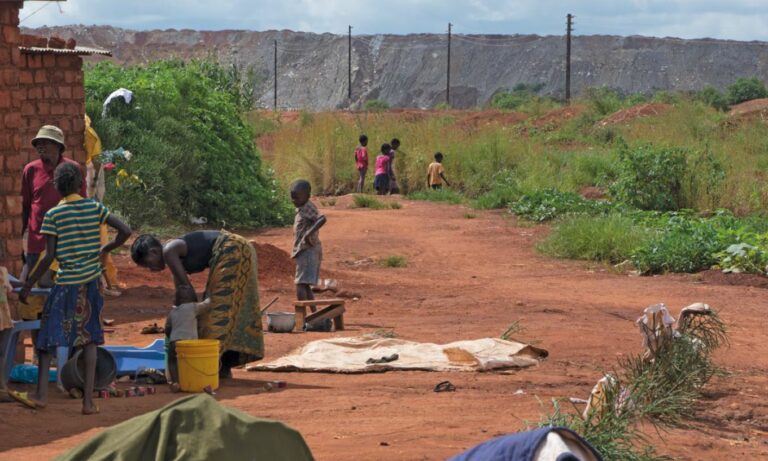
-
Responsible Mining: Cobalt Published on:
 Vincent KiezebrinkPosted in category:Publication
Vincent KiezebrinkPosted in category:Publication Vincent Kiezebrink
Vincent Kiezebrink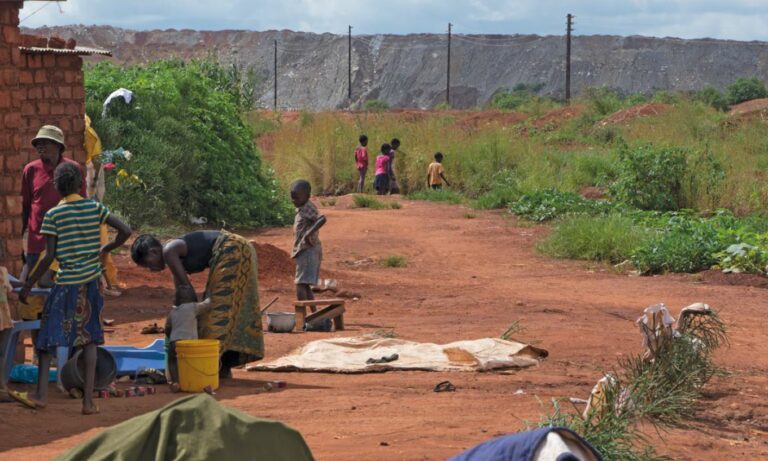
-
 The hidden human costs linked to global supply chains in ChinaPosted in category:News
The hidden human costs linked to global supply chains in ChinaPosted in category:News Joshua RosenzweigPublished on:
Joshua RosenzweigPublished on:

